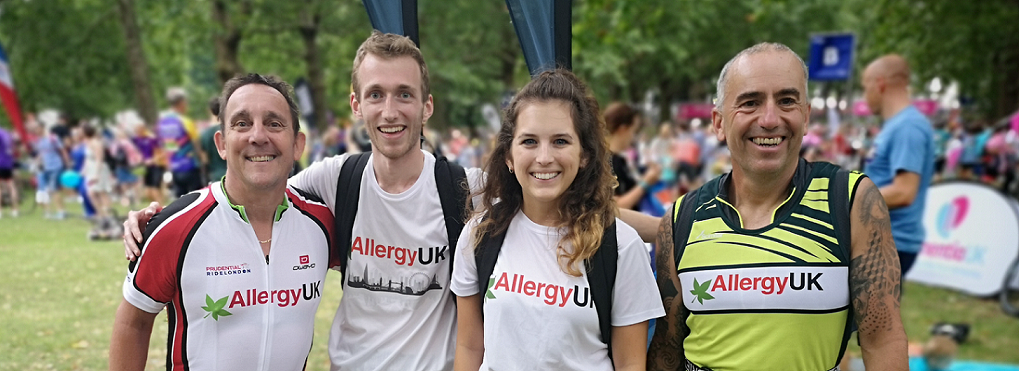‘Wellcome Home’ bursary
If you are someone who is affected by an indoor allergy in your household, you may benefit from applying for this bursary.
 Allergy UK | National Charity
Allergy UK | National Charity
For someone with an indoor allergy, being able to breathe easy in their own home is all they want this Christmas.

Find out why Allergy UK is fundraising to provide air purifiers for families living with indoor allergies and how an indoor allergy can really affect everyday living.

I want my home to be safe. I feel it should be somewhere where I have the best chance of keeping on top of my condition

Our Impact Report for Allergy UK’s work in 2023/24 is now available to download. Read about the busy year we had campaigning to #takeallergyseriously, fundraising and ensuring anyone affected by allergies is able to access the most up to date support and advice.

Maintaining a safe and comfortable home is essential for your well-being. Our 'Wellcome' Home Housing Guide is specifically designed for renters and residents of council and housing association properties living with a mould allergy, providing you with vital information on how to address common housing issues, such as mould and dampness.

Allergy UK acknowledges the value of research into better understanding the risks of exposure to nut allergens during air travel and welcomes further investigations into this. The findings and recommendations of the latest study “A Review of Evidence: Passenger Exposure to Peanut and Tree Nut Allergens on Airlines” have the potential to allay concerns within the nut allergic community regarding air travel, but only if these are understood and adopted in their entirety without any oversimplification.
We provide a range of information to help people who live with allergies, as well as for organisations who want to find out more about the issues that people with allergic disease face in their daily lives.

Please help us to continue to support people living with allergic disease and their families. Our services are free to the thousands of people who contact our Helpline and download our information